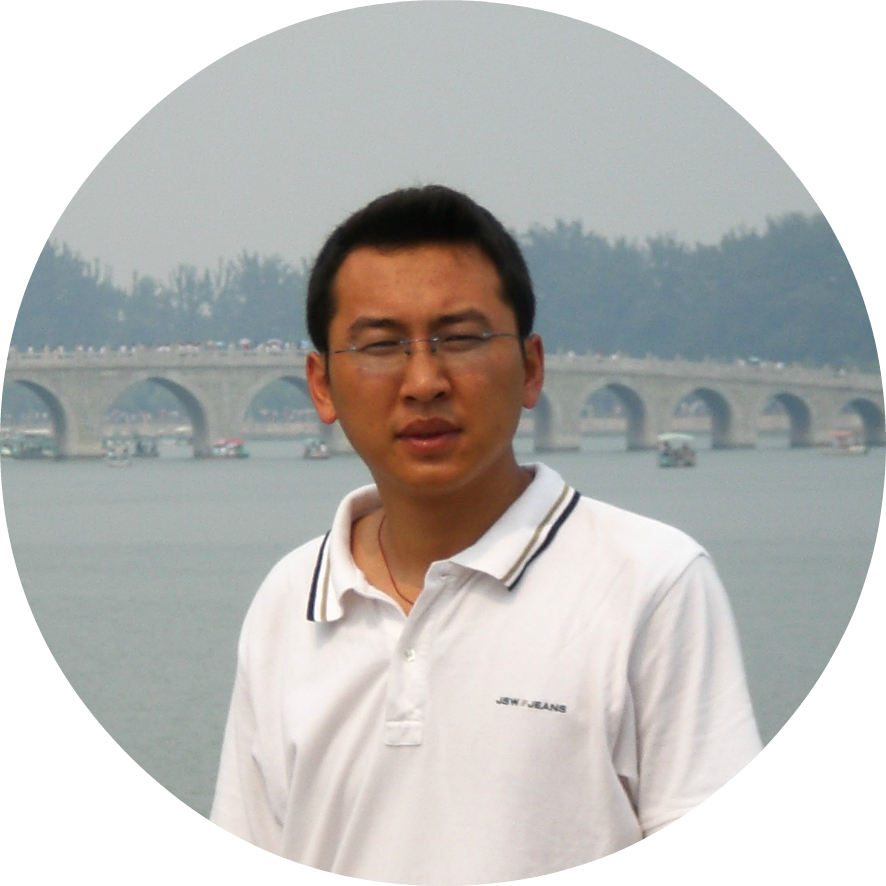The publication was prepared within the framework of the project of the National Foundation for the Social Sciences of the PRC, № 14BZJ028
本文系2014年国家社会科学基金项目《俄国伊斯兰教发展特点与现状研究》(批准号:14BZJ028) 的阶段性成果
The present article focuses on the general description and analysis of the present state of Religious Studies in contemporary China. On October 1, 1949, the People’s Republic of China was proclaimed. This was not only the beginning of a new period of the political and social history of the country but also a new stage in the history of Chinese Humanities and Social Studies. The changed political environment cardinally changed the structure and the character of Chinese Humanities. Methodology of philosophical and social studies underwent significant changes. The country changed and the Chinese Religious Studies changed with the country. The way that PRC has passed over the period in almost 70 years has not been easy and simple but it has brought China to impressing results. The same can be said about the Religious Studies in contemporary China. The article presents an analysis of the opinions and assessments of Chinese scholars on the development of Religious Studies in present-day People’s Republic of China, as well as a description of it’s organizational infrastructure. Chinese specialists distinguish three important stages in the development of the Religious Studies in China: the first covers the period from the beginning of the 20th century until 1949, the second – from 1949 to 1976, the third – from 1976 to present. The result of this development was the creation of the contemporary Religious Studies in CPR. Today, the Religious Studies in China is a rapidly developing field of knowledge with a fundamental infrastructure capable of providing both the implementation of any research projects and the training for it researchers and field-work staff at any level and any specialization.
Keywords: China, People’s Republic of China, Religious Studies, history of development, present state, sinicisation (zhonguohua 中国化), Institute of World Religions (Shijiezongjiaoyanjiusuo 世界宗教研究所), Ren Jiyu 任继愈, Wang Ka王卡, Zhuo Xinping 卓新平, Chen Jinguo 陈进国
DOI: 10.22250/2072-8662.2018.1.126-143
About the author
 |
Sergey V. Filonov – PhD (Philosophy of Religion), DSc (History), Professor at the Department of Chinese Studies; Principal Research Fellow at the Research Center for Sinological Studies, the Amur State University; 21 Ignatievskoye shosse, Blagoveshchensk, Russia, 675027; This email address is being protected from spambots. You need JavaScript enabled to view it. |
 |
Li Xin (李昕) – PhD (Philosophy of Religion), Associate Professor at the Department of Country Studies and Culture of Russia, Heihe University; Associate Professor at the Department of Chinese Studies, the Amur State University; 1 Institutional str., Heihe, China, 164300; 21 Ignatievskoye shosse, Blagoveshchensk, Russia, 675027; This email address is being protected from spambots. You need JavaScript enabled to view it. |






